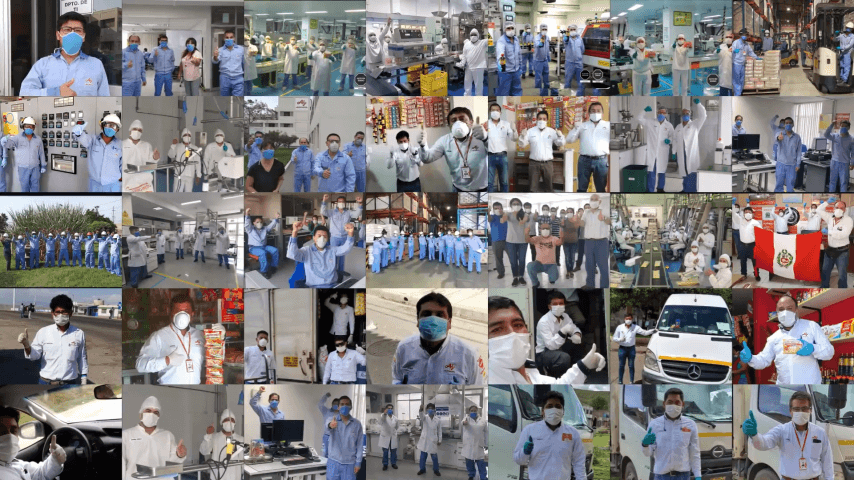Reading Time: 3minutes

Table of Contents
What is sustainability?
To some, the term sustainability might seem just the latest buzzword about protecting the planet. But while being greener is part of it, it’s not the whole picture.
Sustainability isn’t a new idea. Using natural resources responsibly so they don’t run out, threatening our own and other species’ survival, has been a practice for millennia. In modern times, the word can be traced to 18th-century Germany where it was first applied to sustainable forestry management. The broader notion of sustainable growth arose in the 1990s, culminating with the UN’s Sustainable Development Goals in 2015.
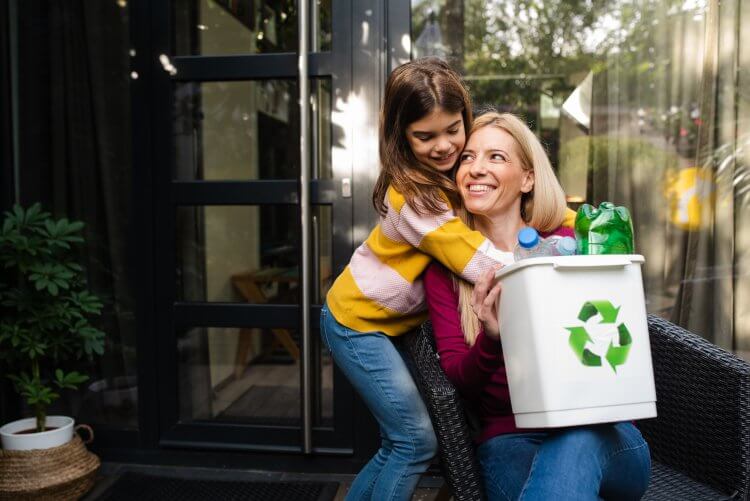
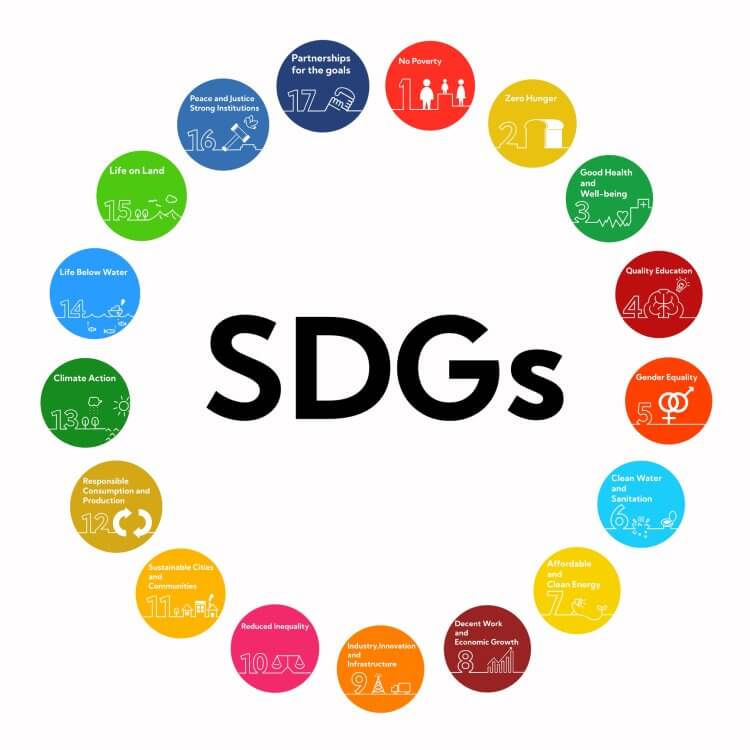
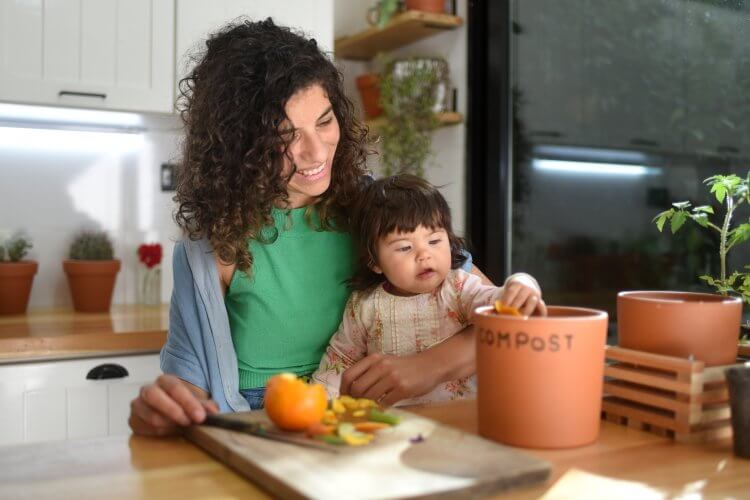
Sustainability and relationships
Many people think of practicing sustainability as buying ethically and locally sourced organic ingredients and practicing the 3Rs: reduce, reuse, recycle. But sustainability isn’t just about getting consumers to think about our collective impact on the planet.
Sustainability in the 21st century is about producers and consumers working together to build healthy, long-term relationships based on fairness across the entire production chain and throughout society as a whole.
For companies, sustainability is about prioritizing solutions to social issues––such as economic and social disparities, respect for human rights, equal access to educational opportunities, workplace diversity and inclusion, gender equality, and safeguarding the health and safety of consumers––over short-term profits. For individuals, sustainability involves being conscious of our health by understanding what our bodies need in terms of a balanced diet and adequate sleep and exercise.
It takes a lot of work to grow and maintain healthy, fair relationships. But by doing these things, both companies and individuals can enjoy a longer, healthier and more productive existence.
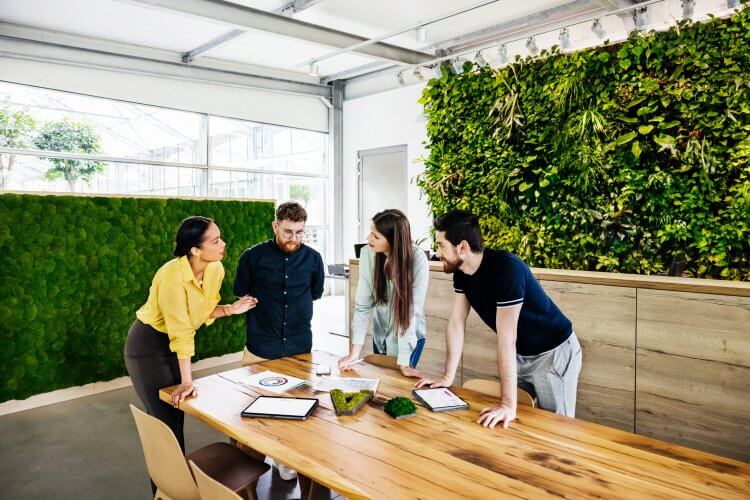
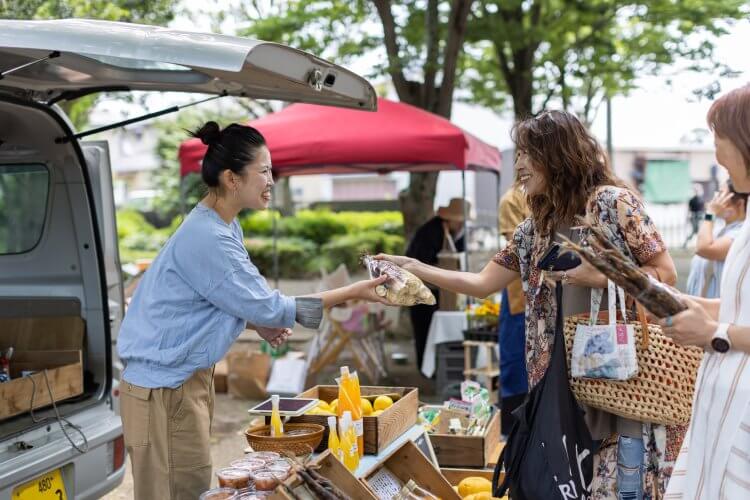

Ajinomoto Group initiatives: helping consumers make good choices for the planet
Since its founding, the Ajinomoto Group has helped people sustain good relationships by making healthy and delicious food more accessible to people around the world. This is done in many ways, including promoting umami recipes for more well-balanced diets that reduce salt and increase vegetable consumption; providing allergy-conscious foods; supporting school lunch programs and diverse lifestyles with safe, convenient and locally-specific foods; and helping not just athletes but everyone get nutritionally balanced meals.
Just as our individual and collective choices affect each another and society, so too do they impact the planet. What we eat and wear, how and where we travel, and even our hobbies all affect our environmental footprint. The Ajinomoto Group supports consumers’ ability to make better choices through ingredients, products and processes based on best practices, including reducing plastic in packaging and cosmetics, reducing food loss, and promoting bio-cycle and biomass initiatives to reduce CO2 emissions.
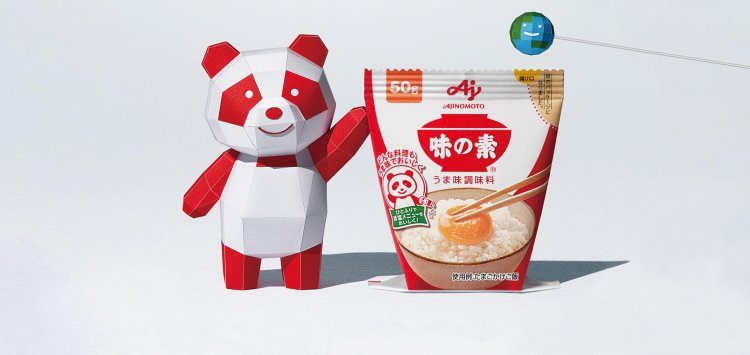
AJI-NO-MOTO® paper packaging
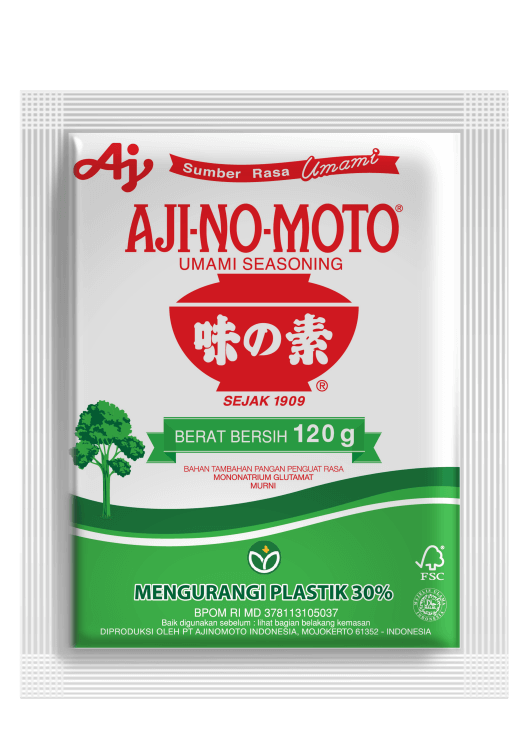
AJI-NO-MOTO® paper packaging sold by Ajinomoto Indonesia
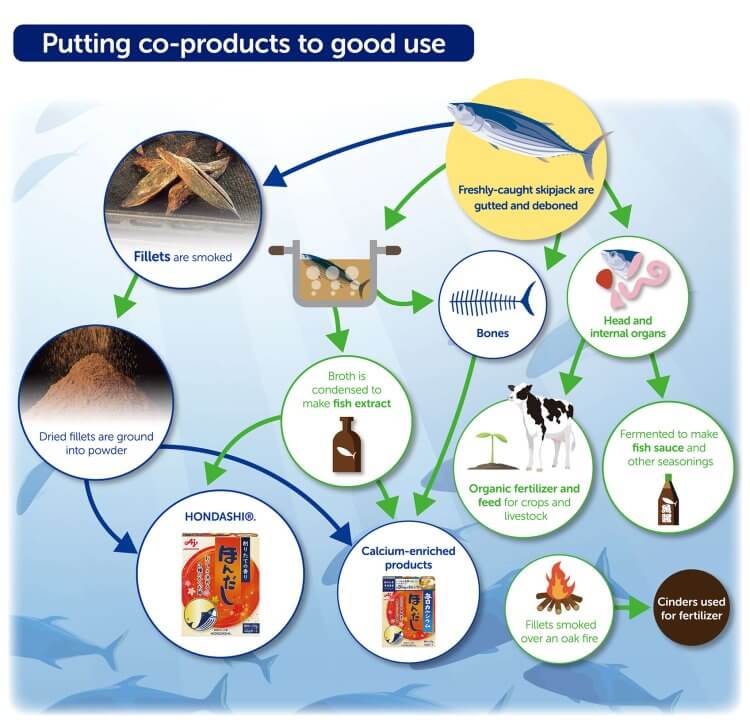
Sustainable skipjack: putting co-products to good use
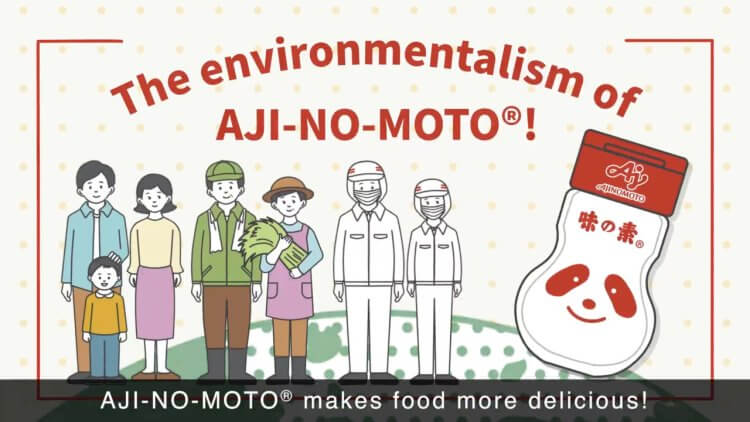
The Ajinomoto Group’s bio-cycle initiative
It might seem that what we do on an individual level sometimes doesn’t make much of a difference in the overall scheme of things. But with better, more sustainable solutions, making the right choices on an individual level can have a big impact on the planet, helping ensure we all have a better future together.
Stories you may like

Nutrition Without Compromise: Giving people delicious, personalized choices could be key to longer, healthier lives
- Environment
- Health and Well-being
- Nutrition
- Purpose
- Sustainability / SDGs
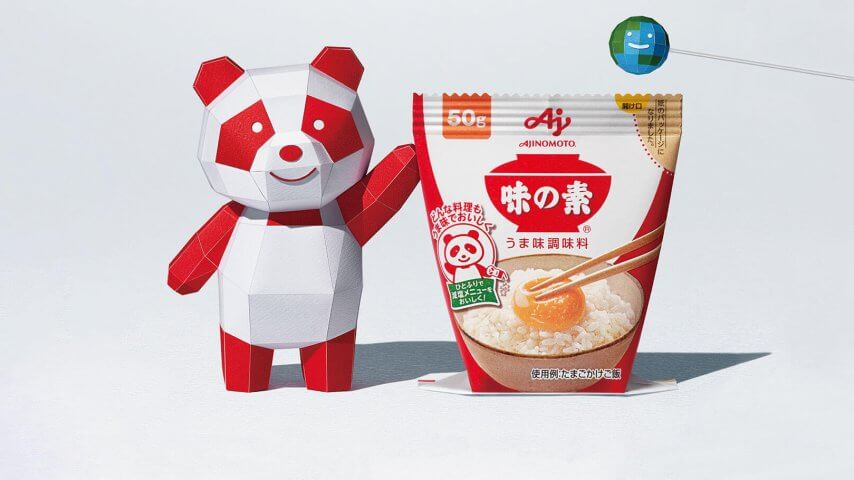
AJI-NO-MOTO® paper packaging: reducing plastic waste
- Environment
- Health and Well-being
- Nutrition
- Purpose
- Sustainability / SDGs
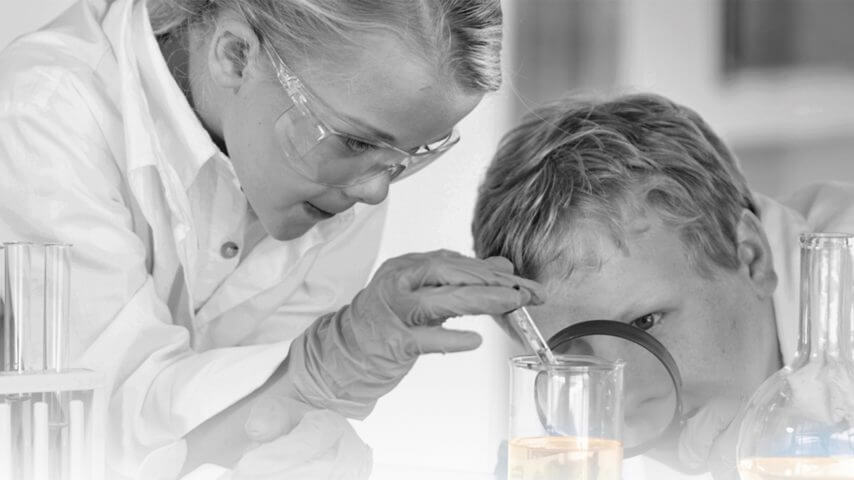
Unlocking amino acids’ potential: passion and a bit of luck
- Environment
- Health and Well-being
- Nutrition
- Purpose
- Sustainability / SDGs



